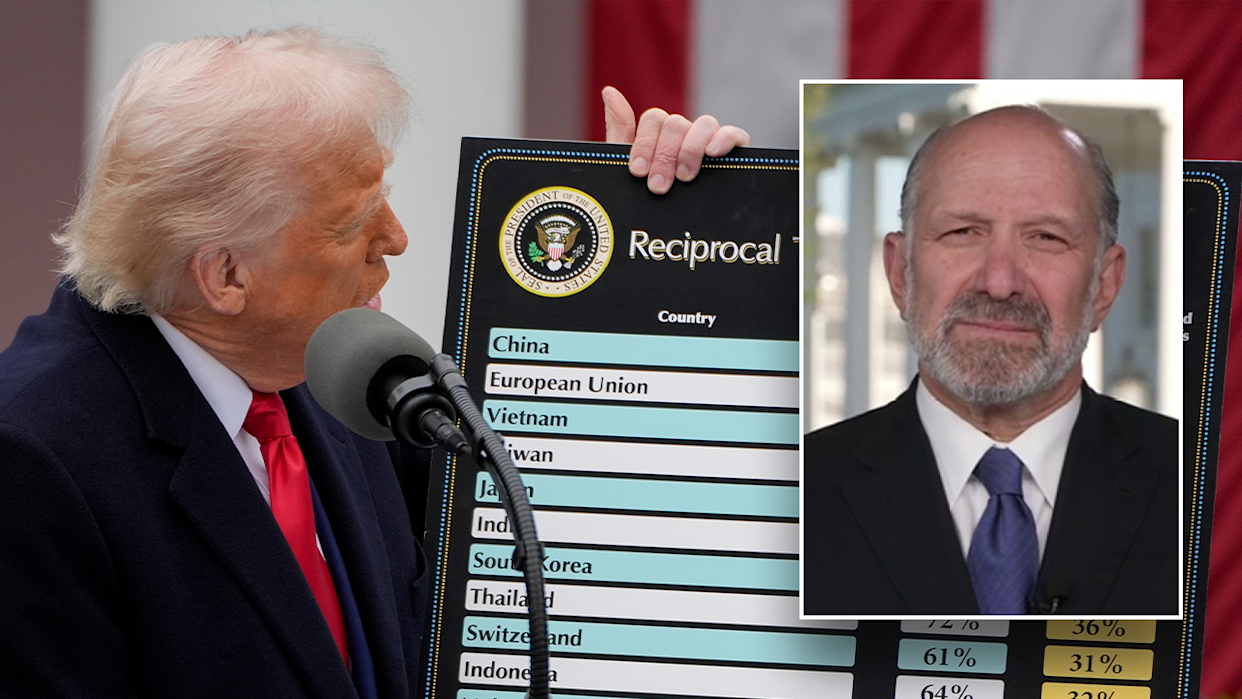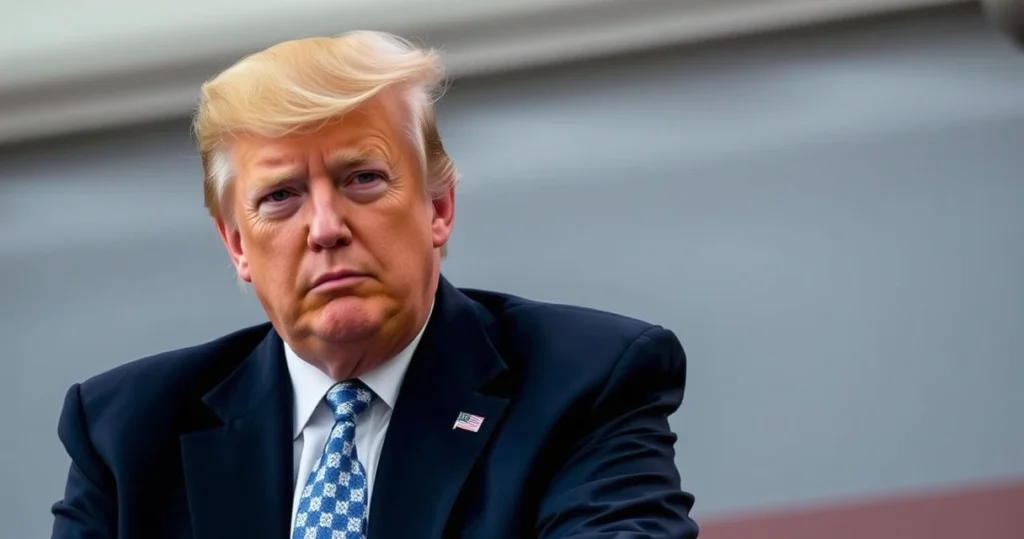In a striking example of conflicting interests, Howard Lutnick, the U.S. Commerce Secretary under President Donald Trump, finds himself in the midst of a significant controversy regarding tariffs. While he publicly supports the imposition of tariffs as a means to protect American industries and bolster domestic production, a subsidiary of his family-run firm, Cantor Fitzgerald, is offering clients the opportunity to bet against the very tariffs he endorses. This situation raises essential questions about the implications of such discrepancies in policy support and financial positioning.

As tariffs become a central part of Trump’s economic strategy, the fallout from their implementation has sparked debates across various sectors of the economy. Lutnick’s dual role as a government official and a key player in the financial industry adds a complex layer to the conversation surrounding tariffs. This article explores the intricacies of Lutnick’s situation, the potential impacts of tariffs on the U.S. economy, and the ethical considerations that arise from such overlapping interests.
The Role of Tariffs in Trump’s Economic Strategy
Under the Trump administration, tariffs have been touted as a tool for protecting American manufacturers and workers. The rationale behind these tariffs is grounded in the belief that by imposing taxes on imported goods, U.S. industries will have a better chance to compete against foreign products, thus fostering domestic job creation and economic growth.
Types of Tariffs Imposed
- Import Tariffs: These are taxes placed on goods brought into the country, making foreign products more expensive and less competitive compared to domestic goods.
- Countervailing Duties: These are tariffs imposed to counteract subsidies provided by foreign governments to their manufacturers, ensuring a level playing field.
- Anti-dumping Duties: These are applied when foreign companies sell products below fair market value, which can harm local businesses.
The Business Side: Cantor Fitzgerald’s Bet Against Tariffs
While Lutnick advocates for tariffs, his family-run financial services firm, Cantor Fitzgerald, has taken a different stance. The firm’s subsidiary is providing clients with the opportunity to bet against the tariffs, essentially allowing them to profit if these trade barriers are struck down in court. This presents a fascinating contradiction between the ideals of protectionism and the realities of financial speculation.
The Mechanics of Betting Against Tariffs
Clients looking to bet against the tariffs can use various financial instruments, including options contracts and futures contracts that derive their value from the anticipated legal outcomes regarding tariffs. By doing so, Cantor Fitzgerald’s subsidiary is positioning itself as a facilitator of market speculation, potentially profiting from the uncertainty that tariffs create.
Ethical Implications of Dual Roles
The juxtaposition of Lutnick’s support for tariffs and the actions of Cantor Fitzgerald raises ethical questions about conflicts of interest. It is crucial for government officials to maintain transparency and integrity in their roles. When a Commerce Secretary publicly advocates for policies that his family’s financial interests directly contradict, it can undermine public trust and raise concerns about the motivations behind such policies.
Public Perception and Trust
The public’s trust in government officials is essential for a healthy democracy. The perception that Lutnick may be prioritizing his financial interests over the economic well-being of American workers could lead to skepticism regarding the effectiveness of the administration’s tariff policies. This duality also poses a challenge for the administration as it attempts to present a united front on economic issues.
The Economic Impact of Tariffs
The tariffs imposed by the Trump administration have had varied effects on different sectors of the economy. While some industries have benefited from reduced competition, others have faced increased costs that ultimately get passed on to consumers.
Beneficial Outcomes
- Increased Domestic Production: Some manufacturers have reported growth due to reduced foreign competition.
- Job Creation: Certain sectors, particularly steel and aluminum, have seen job growth as a direct result of tariffs.
Negative Consequences
- Increased Prices: Consumers have faced higher prices for goods that rely on imported materials.
- Retaliatory Tariffs: Other countries have imposed tariffs on U.S. exports, leading to a decline in sales for American farmers and manufacturers.
Conclusion
The situation involving Howard Lutnick, the U.S. Commerce Secretary, and his family’s firm presents a complex case study on the intersection of government policy, business interests, and ethics. As the Trump administration continues to navigate the turbulent waters of trade and tariffs, it is vital to consider the implications of such conflicts of interest. The ability for government officials to maintain ethical standards is crucial for public trust and the effective implementation of economic policies.
Frequently Asked Questions (FAQs)
1. What are tariffs, and how do they work?
Tariffs are taxes imposed on imported goods. They increase the cost of foreign products, making domestic goods more competitive in the market.
2. Who is Howard Lutnick?
Howard Lutnick is the U.S. Commerce Secretary under President Trump and the CEO of Cantor Fitzgerald, a financial services firm.
3. What is Cantor Fitzgerald’s role in the tariff situation?
Cantor Fitzgerald has a subsidiary that allows clients to bet against the tariffs imposed by the Trump administration, creating a perceived conflict of interest for Lutnick.
4. How do tariffs affect consumers?
Tariffs can lead to increased prices for goods, as companies may pass on the additional costs to consumers. This can affect purchasing power and consumer behavior.
5. What are the potential long-term effects of the Trump administration’s tariffs?
Long-term effects may include shifts in manufacturing jobs, changes in consumer prices, and potential trade wars as other countries retaliate with their tariffs.
📰 Original Source
Este artigo foi baseado em informações de: https://www.wired.com/story/cantor-fitzgerald-trump-tariff-refunds/



